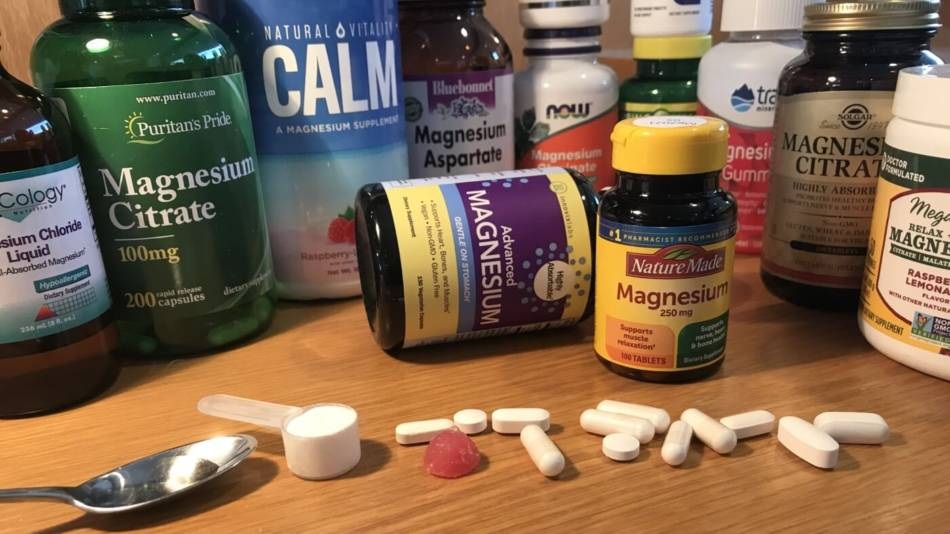When to take magnesium glycinate for optimal absorption and results?

Hundreds of biochemical reactions in the body rely on magnesium, a vital mineral. Your body functions optimally when you get enough magnesium. However, most Americans do not consume adequate amounts of magnesium. Magnesium supplements such as magnesium glycinate have become so popular for this reason.
When should you take magnesium glycinate?
Here are some key times that are best for taking this beneficial magnesium supplement:
Before bed
Studies show that taking magnesium before bed allows for optimal absorption and results. When you’re winding down for sleep, your body focuses on processing the mineral rather than digesting food or other tasks. Magnesium also promotes relaxation and sleep. According to research, magnesium assists in activating the parasympathetic nervous system, helping you fall asleep faster and get better quality rest. The best magnesium to take glycinate a couple of hours before bed allows it to work.
In the morning
Another great time to take magnesium glycinate is early in the morning. Getting in an early dose starts restoring deficient magnesium levels to set you up for a healthy, productive day. Some research also indicates the body is primed to better hold onto magnesium first thing in the morning. Levels of cortisol, the stress hormone that depletes magnesium, tend to be lowest in the morning as well. Taking magnesium glycinate 30-60 minutes before breakfast or your morning coffee ensures you get the full benefits.
Between meals
Magnesium absorption sometimes be inhibited when taken with food. One study showed magnesium uptake was significantly lower when supplements were taken with a meal compared to away from food. Therefore, it’s best to take magnesium glycinate at least 1-2 hours before or after eating for optimal absorption. Levels peak and ebb naturally between meals, making this a prime opportunity for your body to properly take in and utilize magnesium.
After a workout
Exercise and movement are healthy ways magnesium gets depleted from muscle tissue. Taking magnesium glycinate after a vigorous workout or training session helps restore any magnesium lost through sweat and metabolic processes. Studies also confirm magnesium assists muscle recovery and protein synthesis following exercise. When taken post-workout, magnesium glycinate also absorbs rapidly for quick replenishment.
During times of stress
Stress defense is one of magnesium’s main jobs in the body. Cortisol and adrenaline hike magnesium excretion, leaving you deficient. Consequently, taking magnesium during emotionally or physically stressful events is a smart protocol. Magnesium calms the nervous system and regulates the stress response. Taking some magnesium glycinate when you’re anxious, fatigued from work, or going through any high-stress period counteracts depletion fast. It wards off deficiencies to keep you resilient.
Signs you’re magnesium deficient
Before supplementing, get tested by your doctor or take note if you regularly experience any common magnesium deficiency symptoms like:
- Muscle twitches, tremors or cramps
- Trouble sleeping and restless legs
- Anxiety, irritability, low mood
- Headaches and migraines
- High blood pressure
- Fatigue, weakness and low energy
Recommended daily intakes for magnesium are 310-320mg for women and 400-420mg a day for men. Therapeutic doses used to correct deficiencies often range from 500mg to 1000mg daily. It’s best to start low at around 200-400mg per day and increase slowly over time.



